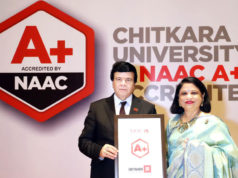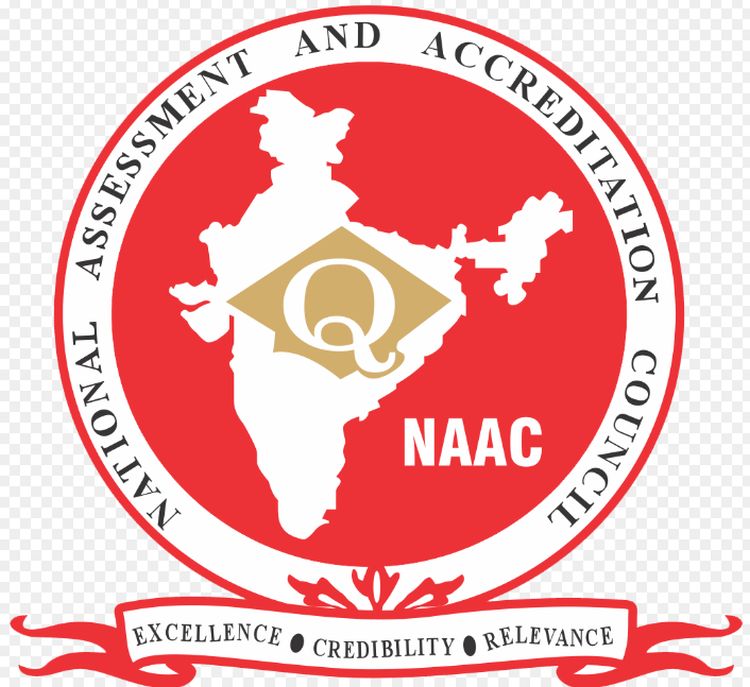The National Assessment and Accreditation Council (NAAC), which has come under scrutiny for alleged corrupt practices, is set to introduce a new grading policy, Maturity-Based Graded Levels, by the end of February. This move is part of broader reforms aimed at enhancing transparency and eliminating malpractices in the accreditation process.
NAAC Executive Committee Chairperson Anil D Sahasrabudhe stated that the Council has been working on these reforms and that the new accreditation system would phase out physical inspections. “This is one of the major reforms that NAAC has been working on. Once the Maturity-Based Graded Levels accreditation system is in place, it will weed out any scope of illicit activities since it will involve stakeholder validation,” he said.
The proposed system will integrate industry professionals as part of the accreditation and ranking process. It will be predominantly data-driven, with minimal or no expert visits to institutions for verification. To ensure authenticity, institutions found submitting false data will face heavy penalties.
The Maturity-Based Graded Levels accreditation framework will consist of five levels, encouraging institutions to enhance their academic and research capabilities. Institutions will progress from ‘Level 1’ to ‘Level 4’ as ‘Institutions of National Excellence’ and ultimately reach ‘Level 5’—designated as ‘Institutions of Global Excellence for Multi-Disciplinary Research and Education.’
A brainstorming session is scheduled for February 16-17, where 40-50 experts will finalize the accreditation format. “We anticipate that the maturity-based graded levels format will be evolved and rolled out by the end of this month. It will be a robust system where all stakeholders can have full trust and confidence in the process,” Sahasrabudhe added.
The reforms align with recommendations from a report by the Overarching Committee, led by former ISRO chief K Radhakrishnan, which was submitted to and approved by the Union Ministry of Education in January 2024. The initiative follows recent controversies, including the arrest of NAAC inspection committee members by the Central Bureau of Investigation (CBI) on bribery charges related to accreditation ratings.
NAAC also plans to collaborate with state higher education departments to facilitate the transition and encourage more institutions to participate in the new accreditation framework. Currently, accreditation remains voluntary, with only 30-40% of Higher Education Institutions (HEIs) in India applying for it.
Since July 2024, NAAC has ceased accepting new applications under its old methodology. The existing system involved institutions submitting self-study reports containing quantitative and qualitative data, which were then validated by NAAC’s expert teams through on-site evaluations. The upcoming reforms, in line with the National Education Policy (NEP), aim to create a transparent, credible, and efficient accreditation process for all higher education institutions in India.












